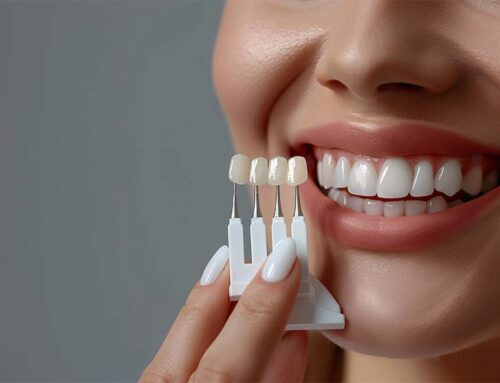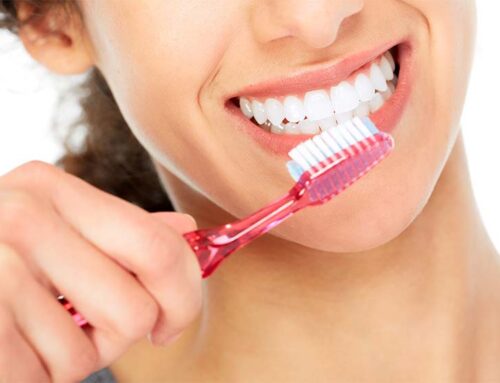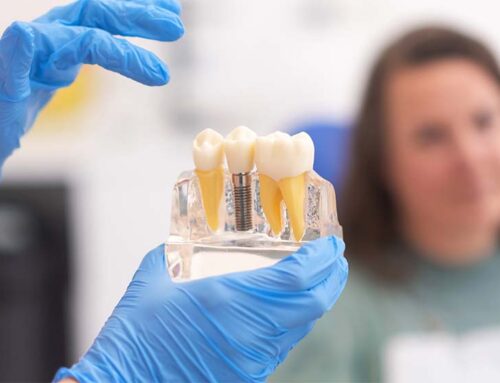Wisdom teeth are the third molars at the end of the mouth. They should normally come between the ages of 17-26. However, they can remain partially or completely buried due to the reasons such as not have enough room to come and inadequate bone density. Particularly wisdom tooth that comes partly just causes difficulties such as infection, pain around of ears, opening the mouth hardly, due to inability to clean. Wisdom teeth that are completely in the bone can force the teeth on the side by pressing. This can cause tooth decay. This pressure of the wisdom teeth on the neighbouring tooth can also cause irregularities of the front teeth. The occurrence of cysts around wisdom teeth that can’t come is another important problem that may occur. Of course, you don’t need to extract a wisdom tooth that is completely came, easily cleaned and does not damage to other teeth. However, it is necessary to remove wisdom teeth that are decayed, cannot be cleaned, damage to other teeth. Buried or partially buried wisdom teeth should be extracted by jaw surgeons. As with simple extractions, surgical extractions are performed with local anaesthesia. But your dentist may need to separate the buried tooth into several parts.
What to expect after extraction
In the first half hour, you must bite the bumper that your doctor put in order to stop the bleeding and you should not spit. It is also useful to avoid from hot cold drinks and food, alcohol and cigarettes for 24 hours. It is important that you do not use any medication other than the antibiotics and painkillers recommended by your dentist. In particular, you should not take blood thinners such as aspirin. Depending on the difficulty of shooting, you can apply cold compresses to prevent swelling. If you have painful red swelling, high fever and if the bleeding does not stop, you should consult your dentist. Nowadays, pain and swelling are greatly reduced by laser technology which helps to separate the teeth into sections. After the surgical procedure, the treatment with low doses of laser accelerates and results are better.
In some cases it may be inconvenient to extract the wisdom teeth. Particularly close to the jaw nerves or the teeth between the nerves passing through should not be pulled.
Not everyone may have wisdom teeth
For some hereditary reasons, some people haven’t got wisdom teeth. If you come to your 30s and your wisdom teeth still don’t come, they may have been buried or you have no wisdom teeth. A panoramic x-ray can be used to determine your buried wisdom teeth when you visit your dentist.







Leave A Comment